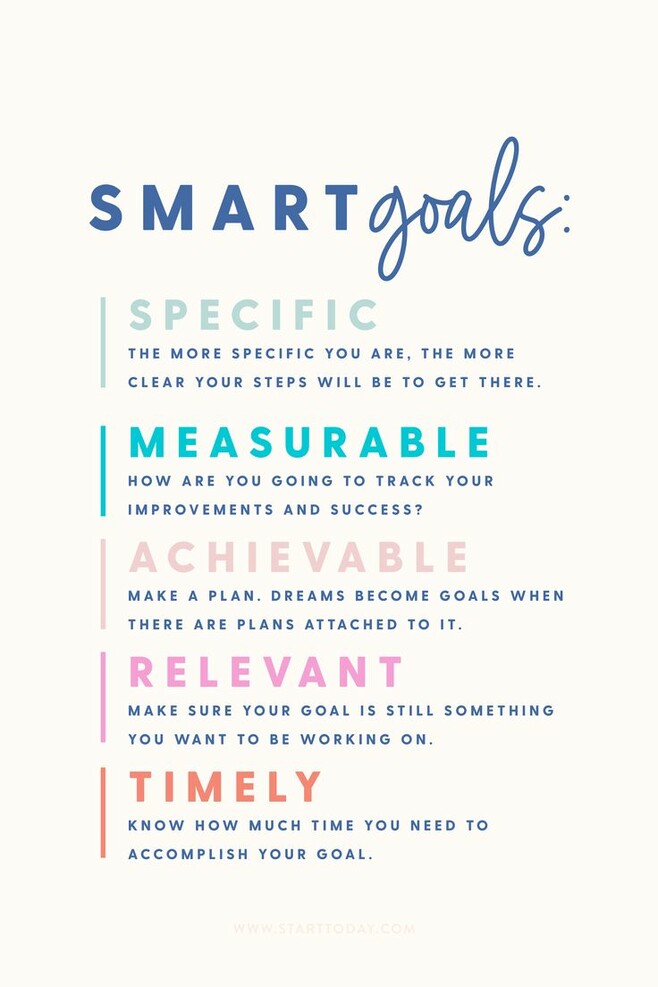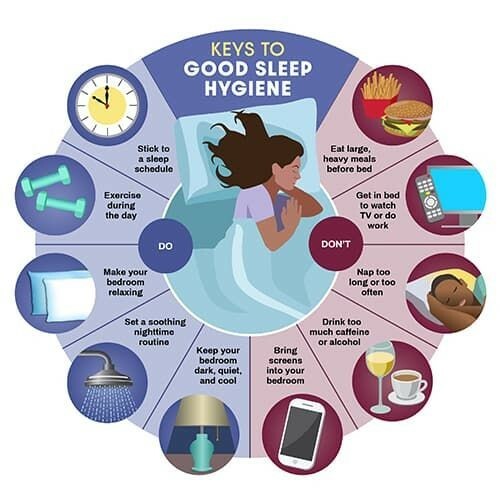New Year, New Mindset: Setting mental health goals for 2025

New Year, New Mindset
‘New year, new me’ might be a bit unrealistic for many of us. Balancing big life changes and your job, children, and relationships can be hard. Reaching milestones can feel like climbing a mountain with no tools or gear.
So, how can you conquer that climb?
If you focus on improving your baseline mental health, you’ll see a rippling effect in each of these areas. Mental wellness better supports healthy relationships with friends, family, colleagues, and partners. It gets easier to reach fitness goals, excel at work, and think about your artistic pursuits. You can do a lot more once you’ve managed symptoms of anxiety, depression, or anger.
That’s why we propose switching from ‘New year, new me’ to ‘New year, new mindset.’
Translate those lofty goals into realistic ones that focus more on the journey. Here are a few things to consider:
- Change won’t happen overnight. Mental wellness takes time and consistency to build. It also takes maintenance. You should continue prioritizing your mental health well after building a healthy baseline.
- Goals should be in line with your personal values. Goals won’t stick if they aren’t meaningful to you. For example, if meeting with an Indigenous Elder means more to you than talk therapy, choose that goal. Avoid adopting goals based on another person’s opinion of success and wellness.
- Goals should be measurable. Instead of saying, “I want to get fit,” try, “I want to go to walk around the neighbourhood park twice a week after work.” This allows you to set realistic benchmarks and keep yourself accountable. We recommend using the SMART goal format to craft your goal.

A breakdown of a smart goal.
There are a lot of little ways you can reach your mental health goals in 2025. You don't need to do them all at once. Pick one to try first:
1. Screen-Free Time: Set aside an hour in your day where you unplug from your phone, computer, and/or TV. Time without screens can help you calm your thoughts and emotions. It’s also a great time to try other calming activities like reading, drawing, or listening to music.
2. Journaling: Are you struggling to make sense of your thoughts? Writing them down can help you organize them as well as reflect on what they mean to you. Journaling is also known to relieve stress and improve your memory.
3. Drinking Water: Dehydration is hard on your brain and your body. Making sure to drink enough water each day will keep you alert and comfortable.
4. Keep Active: This might not mean going to the gym. Something as simple as walking and getting your steps in can make a huge impact on your health. If you spend a lot of your day sitting in one spot, make sure to stand up and stretch at regular intervals.
5. Experience Nature: Connecting with the outdoors relieves stress and helps you focus. This can be hikes, picnics, opening a window, or listening to calming nature sounds on YouTube. Choose whatever suits your schedule and abilities best, and enjoy.
6. Talk To A Professional: Therapists are here to help you on your mental wellness journey. Book an appointment (or walk-in today) to get started.
7. Improving Sleep: Rest is essential to the human body. It is recommended to get at least 8 hours of sleep each night. If you’re having trouble sleeping, practicing good sleep hygiene can help.

Do’s and Don'ts for good sleep hygiene.
Give some thought to how you can fit these strategies into your routine. A little goes a long way, especially by habit stacking/bundling (you can learn more about that here).
More resources to support habit-forming and goal-setting in the new year:
